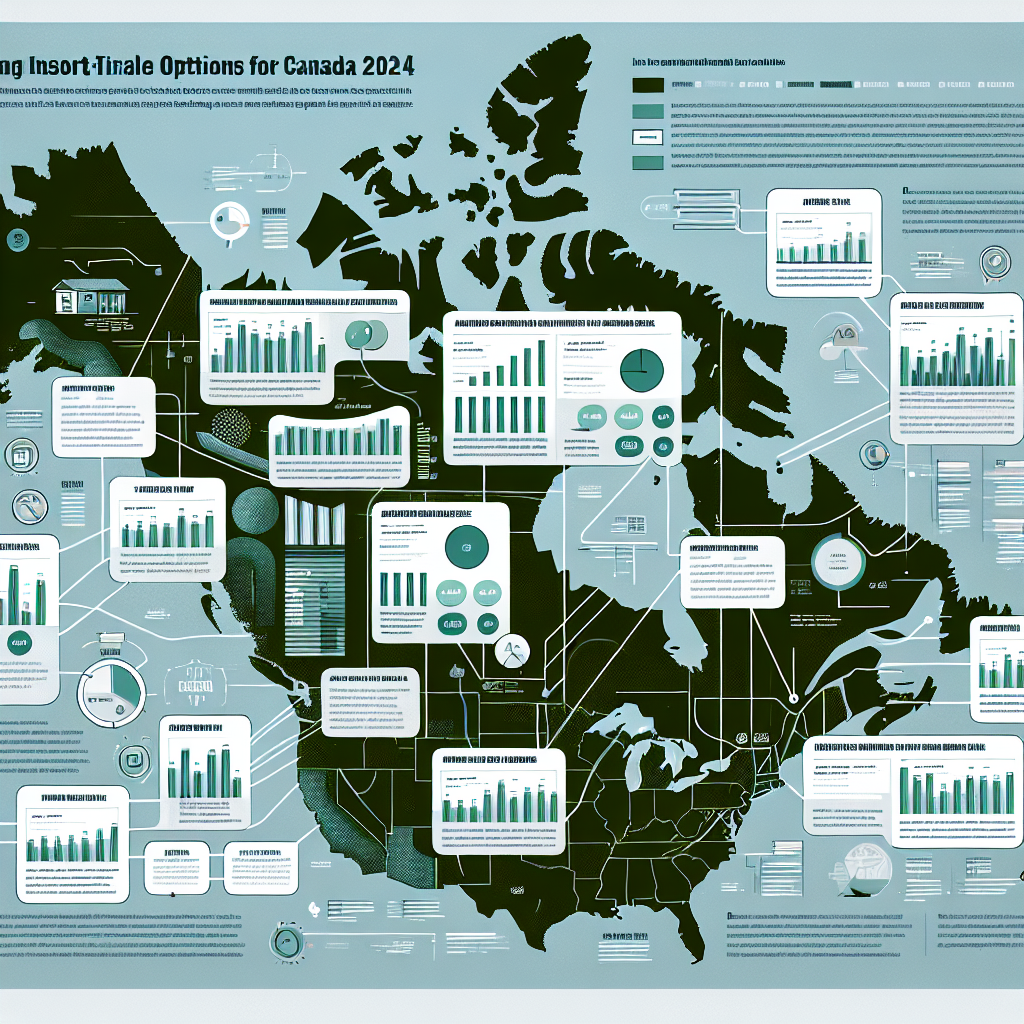===
Navigating insurance options for short-term rentals in Canada in 2024 can feel like traversing a labyrinthine maze. With the burgeoning popularity of platforms like Airbnb and Vrbo, hosts are often left grappling with the nuances of insurance coverage tailored for their specific needs. The critical challenge lies in understanding the intricacies of protecting a property while also ensuring compliance with local regulations. In this article, we will dissect the landscape of insurance for short-term rental properties in Canada, providing crucial insights that will empower hosts to make informed decisions and secure their investments effectively.
Understanding the Insurance Landscape for Short-Term Rentals
The realm of insurance for short-term rental properties in Canada is evolving rapidly in 2024, driven by legislative changes and an increase in demand for rental accommodations. Traditional homeowner’s insurance often falls short when it comes to covering the unique risks associated with short-term rentals, such as guest damage, liability claims, and potential loss of income. Understanding these gaps is vital for hosts who wish to safeguard their property and financial interests.
Many insurance providers have started to offer specialized policies catering specifically to hosts of short-term rentals. These policies typically include coverage for property damage, liability claims arising from guest injuries, and even loss of income due to property damage. However, it’s essential for hosts to conduct thorough research, as the terms and conditions can vary significantly between policies. Engaging with an insurance broker who specializes in short-term rental coverage can yield valuable insights into which options best align with individual circumstances.
Moreover, the legal landscape surrounding short-term rentals is continually evolving, with municipalities implementing regulations that often affect insurance requirements. For instance, some regions may mandate specific types of coverage or minimum liability limits. Staying informed about these local regulations is crucial for hosts, as failure to comply could result in fines or loss of rental privileges. Thus, understanding the insurance landscape is not merely an administrative task; it’s an integral component of running a successful short-term rental business.
Key Considerations for Canadian Hosts in 2024 Insurance Choices
When evaluating insurance options for their short-term rental properties, Canadian hosts should keep several key considerations in mind. First and foremost, assessing the level of coverage needed is essential. Hosts must consider factors such as the type of property, location, and expected guest volume to determine how much coverage is appropriate. For example, a luxury rental in a tourist hotspot may require more extensive coverage than a modest apartment in a less frequented area.
Secondly, hosts must pay attention to liability coverage. In 2024, Canadian hosts face heightened risks of liability claims, particularly as guests become more aware of their rights. A robust liability insurance policy can protect hosts from claims related to injuries or property damage caused by guests. It’s advisable for hosts to seek policies with high liability limits to ensure adequate protection against potential lawsuits that could arise from unfortunate incidents.
Lastly, hosts should not overlook the importance of loss of income coverage. In the event of a significant property damage incident, such as a fire or water damage, hosts may find themselves unable to rent out their property for an extended period. Loss of income coverage provides peace of mind, ensuring that they are compensated for lost rental income during repairs. As hosts weigh their insurance options, considering these critical elements will empower them to make decisions that best align with their financial and operational goals.
===
Ultimately, navigating the insurance landscape for short-term rentals in Canada requires a strategic approach tailored to each host’s unique situation. By understanding the complexities of specialized insurance policies, assessing the right level of coverage, and considering local regulations, hosts can secure their assets and foster a successful rental experience. As this sector continues to grow, remaining informed and proactive regarding insurance options will prove invaluable in safeguarding your investment. For those ready to take the next step, consulting with an insurance expert can illuminate the path toward optimal protection and peace of mind.
Understanding Home Insurance Requirements Across CanadaUnderstanding Home Insurance: What Coverage Do You Need?Understanding Reasons for Car Insurance Claim DenialsRelevant LinkRelevant LinkRelevant LinkUnderstanding Canada’s Insurance Bank: A Comprehensive GuideUnderstanding Insurance Broker Salaries in Canada: A GuideUnderstanding Canada’s Insurance Coverage for Breast PumpsRelevant LinkRelevant LinkRelevant LinkUnderstanding Canada Travel Insurance for Pre-Existing ConditionsAffordable Visitor Health Insurance Options in Canada ExploredExploring Canada’s Leading Insurance Companies: A Comprehensive GuideRelevant LinkRelevant LinkRelevant Link
